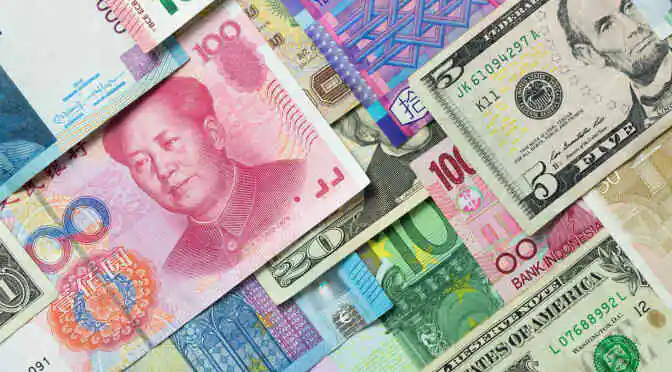Globally, the chemical industry is booming. Particularly, the Chinese market offers a cost-effective, reliable and quantitative option for the export and import of a wide plethora of chemicals that are used predominantly as raw materials in frontline factory based manufacturing processes. The principal dynamic here is the money- profitability contributing to the elevation of the global chemicals industry.
However, the recent trade embargo between the United States and China could throw a spanner in the works. President Trump’s tough stand against goods imported from China is set to massively jolt the trade dynamics between the two countries and thanks to the trickle-down effect, the global chemicals industry is set to be negatively impacted as well.
Aftermath: Is the US flushing away its own commanding stance?
Fellow Asian up-and-comer India will likely be the beneficiary of this standoff. Already, talks are ripe of China lowering the import tariff for chemical products sourced from India. The US is adamant to curb certain Chinese trade and business policies that it considers unfair, and its prime focus hasn’t been the chemicals. However, an early July hearing at the United States Trade Representative (USTR) saw chemical goods worth US$ 2.2 billion being discussed. That’s trouble as it brews!
Polyurethane is a prominently traded commodity between the US and China. What’s in store for the very competitive thermoplastic polyurethane market through 2018-2022? Download free sample report.
When two big economic powers wage a trade war, there is collateral damage too. In this instance, through direct and indirect means, the US chemicals industry is set to take a substantial hit in terms of propagation and profitability. Unfortunately, this also translates more directly into challenges for the American manufacturers and consumers, as well as jobs lost and a universal pall of confusion.
Imposition of 10% import tax on a second wave of 1500+ Chinese chemical products worth US$ 16.4 billion is in the works.
There could be no two ways to this situation- the US government’s aggressive stance isn’t likely to induce any changes in the long and checkered Sino-US trade configurations. According to the American Chemistry Council (ACC), all it does is instigate a potentially tricky situation into a full blown conflict. The ACC calls its government to impose a more diplomatic pressure, and of course, cross its proverbial fingers.
Endgame: Uneven times ahead for the US chemical industry
Trump’s ill-timed strategy of imposing a 10% import tax on 1500+ Chinese chemical products- worth US$ 16.4 billion- could disturb fragile trade agreements. Additionally, US chemical manufacturers are dealt a retaliatory blow that will undoubtedly reduce their competitiveness in the Chinese market. On the flipside, China isn’t a happy camper too.
On 16th July, the Chinese Commerce Ministry filed a formal complaint against the US at the World Trade Organization (WTO) with regards to the bloated taxes. And true to form, the US filed one back- citing China and a select group of countries and their retaliatory spike in import taxes imposed on goods sourced from the US, particularly US$ 20 billion worth of exports bound for China, the EU, Mexico, Canada and Turkey. It sure looks like the current US administration is alienating a number of very influential trade partners across the board.
China is home to the largest reserves of Tin and is the world’s top producer of this lucrative chemical element. The US has accused China of offering its homegrown manufacturers subsidies while limiting the export of Tin. Download free sample report for more insights into the global tin market.
Importantly, most pundits are questioning the proposed payoff of the US’s tough stance in this political drama. ACC believes that China cannot be persuaded away from its unfair trade policies, while these sanctions will most certainly cripple the country’s cautious trade relations with the Asian economic powerhouse. Additionally, the fate of the US$ 194 billion that has already been announced as part of a string of chemicals industry projects in the US will be rendered redundant.
In Summation: China and the US are two of the most progressive economies on the planet and wield an increasingly domineering quantum of power. Currently locked in a ‘winner-takes-all’ confrontation, those likely to be massively inconvenienced are the very entities that the POTUS hopes to help.
Stay updated with the latest trends in the Global Chemicals market.



